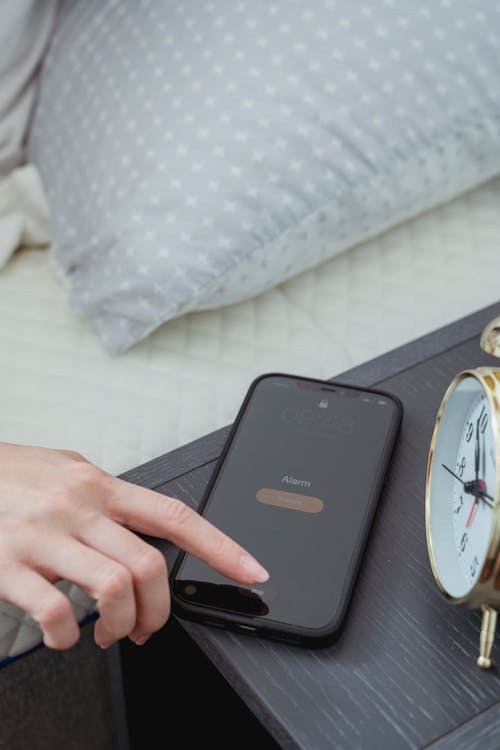📓Korean Level 1, Activity 8: 대학생의 하루/ College Students’ Daily Schedule

Description:
In this activity, students will be conversing about their weekly routines. They will try to find a time to meet with their classmates to work on a group assignment. They will also compare college life in South Korea compared to the United States.
Semantic Topics:
Schedule(계획), group assignments(조별 과제), college(대학교), routine(일상), meet(만나다), plan(계획)
NCSSFL-ACTFL World-Readiness Standards:
- Standard 1.1: Students engage in conversations, provide and obtain information, express feelings and emotions, and exchange opinions.
- Standard 1.2: Students understand and interpret written and spoken Korean on a variety of topics.
Idaho State World-Readiness Standards:
- COMM 1.1 – Interact and negotiate meaning (spoken, signed, written conversation) to share information, reactions, feelings, and opinions.
- CLTR 1.2 – Explain the relationship between cultural practices/behaviors and the perspectives that represent the target culture’s view of the world.
NCSSFL-ACTFL Can-Do Statements:
- I can understand a short description of one’s daily schedule
- I can set up a time to meet with another person by asking and answering questions about each other’s daily schedule.
- I can understand and compare college life in Korea with college life in the U.S.
Materials Needed:
- Projector (optional)
- iPad or Computer
- Google Slides
- Kahoot
Warm-Up:
Begin by introducing the Can-Dos for today’s activity.
오늘의 학습목표를 소개하는 것으로 수업을 시작하세요.
Students will listen to a dialogue between Seungwoo and Alice.
학생들은 승우와 앨리스의 대화를 듣습니다.
- 승우: (Hello Alice. What are you doing tomorrow?) 앨리스 씨 안녕하세요? 내일 뭐 해요?
- 앨리스: (I am studying alone at home. On Wednesday I have a test and on Thursday I have homework.) 집에서 혼자 공부해요. 수요일에 시험이 있고 목요일에도 숙제가 있어요.
- 승우: (Oh, really? What time do you go to bed everyday?) 아 그래요? 요즘 몇 시에 자요?
- 앨리스: (I go to bed at 3am everyday.) 매일 새벽 3시에 자요.
- 승우: (Woah, so what time do you get up?) 와, 그래서 몇 시에 일어나요?
- 앨리스: (I get up at 11am.) 아침 11시에 일어나요.
- 승우: (Really? I go to sleep at 10 pm and wake up at 7am. So let’s study tomorrow.) 진짜요? 저는 밤 10시에 자고 아침 7시에 일어나요. 그럼 우리 내일 같이 공부해요!
- (I also have a test on Thursday.) 저도 목요일에 시험이 있어요.
- 앨리스: (Good. What time is okay?) 좋아요. 몇 시가 괜찮아요?
- 승우: (How is 10am?) 아침 열 시 어때요?
- 앨리스: (I am sorry. I wake up at 11am.) 미안해요. 전 열한 시에 일어나요.
- 승우: (So how about we meet at 1pm and eat lunch.) 그럼 오후 한 시에 만나서 점심 먹어요.
- 앨리스: (Where should we meet?) 어디서 만나요?
- 승우: (Let’s meet in front of the dorm.) 기숙사 앞에서 만나요.
- 앨리스: (Great! See you tomorrow.) 좋아요! 내일 봐요.
- 승우: (Yes, See you tomorrow.) 네, 내일 봐요.
Main Activity:
Students’ comprehension of the dialogue will be evaluated through Kahoot.
카훗을 이용하여 학생들이 대화를 얼마나 이해했는지 평가하세요.
Students will look at an example conversation in which the students are finding a time to meet for a group assignment.
학생들은 예시 대화를 읽습니다. 조별 과제를 하기 위해 만날 날을 정하는 대화입니다.
- A: (Nice to meet you. Let’s meet on Thursday. Is 10:30am okay?) 만나서 반가워요. 우리 목요일에 만나요. 10시반 괜찮아요?
- B: (I have class at 10:30am.) 10시반에 수업이 있어요.
- A: (Oh, really?? Then what time would be okay?)아, 그래요? 그럼 몇 시가 괜찮아요?
- C: (How about 2pm?) 2시 어때요?
- B: (I have a business team play at 2pm.) 2시에는 비즈니스 팀플이 있어요.
- A: (Also at 2pm I have an appointment. How about 4pm?) 저도 2시에 약속이 있어요. 그럼 4시는 어때요?
- B: (At 4pm I have a club meeting. How about 7pm?) 4시에 동아리 모임이 있어요. 7시는 어때요?
- A: (Oh, okay.) 오, 괜찮아요.
- C: (Yes, That is also okay.) 네, 저도 좋아요.
- B: (So let’s meet at 7pm in the library.) 그럼 7시에 도서관에서 만나요.
Students will be in groups of 3-4 in the breakout rooms.
3~4명을 한 그룹으로 소모임을 구성합니다.
Using their own schedule, they will schedule a group meeting.
본인의 스케쥴을 이용하여 그룹 미팅을 만드세요.
Discuss differences between Korean college students and American college students.
한국 대학생과 미국 대학생의 차이에 대해 말해봅시다.
Wrap-Up:
Wrap-up questions (Pick a few you’d like to ask):
- Do you like group assignments?
- 조별과제를 좋아해요?
End of Activity:
- Read Can-Do statements once more and have students evaluate their confidence.
- (Use thumbs up/thumbs down or download our student cards.)
- Encourage students to be honest in their self-evaluation.
- Pay attention, and try to use feedback for future labs!
NCSSFL-ACTFL Can-Do Statements:
- I can understand a short description of one’s daily schedule
- I can set up a time to meet with another person by asking and answering questions about each other’s daily schedule.
- I can understand and compare college life in Korea with college life in the U.S.

